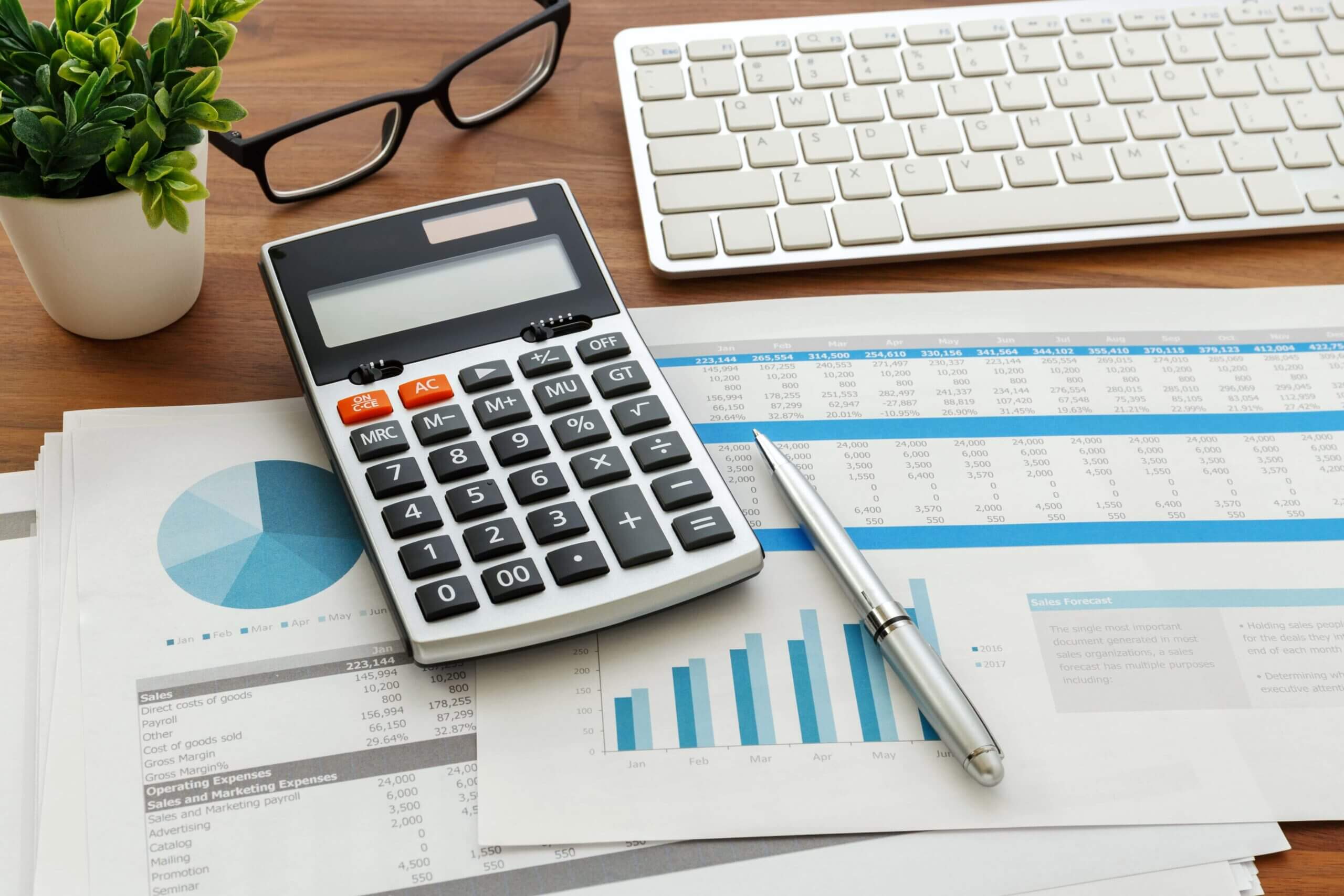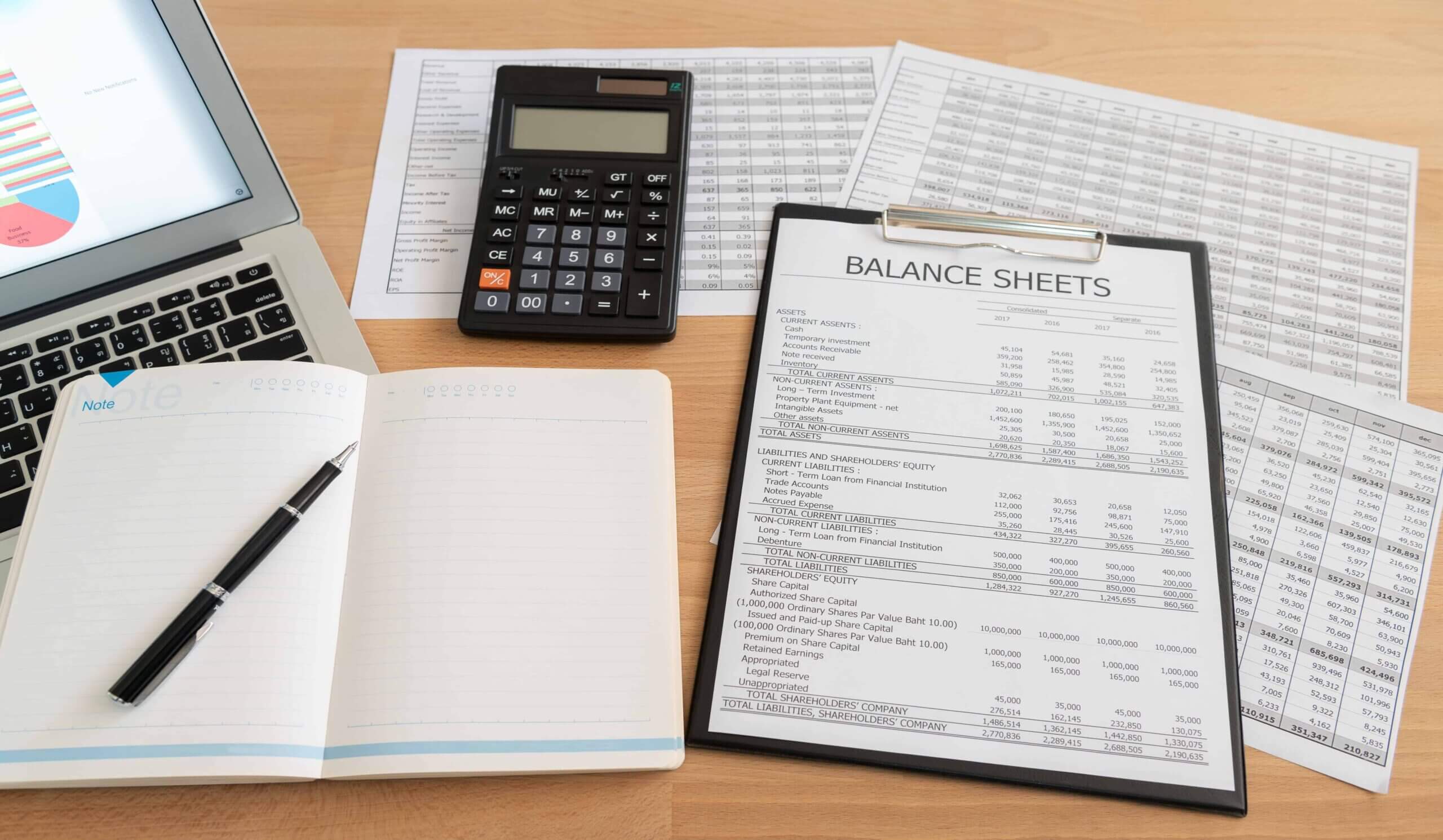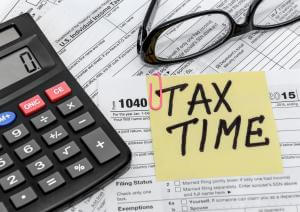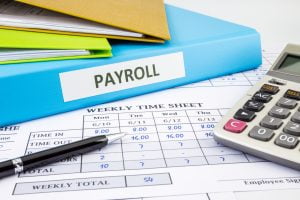What's better: a bookkeeper or accountant?
Table of Contents
Is bookkeeping and accountant the same?
Bookkeepers and accountants both provide critical financial services for businesses. Both
bookkeepers and accountants can help you manage your finances, prepare financial
statements, and offer advice on financial planning.
So, which is better for your business?
There is no one-size-fits-all answer to the question. The key is to assess your business’s
specific needs and choose the professional who can best meet those needs.


Bookkeeping vs. Accounting
You might find it hard to tell the difference between a bookkeeper and an accountant. There is a lot of overlap between the two professions, but there are also some key differences. They each have their own set of skills and expertise, as well as different educational backgrounds. So, what is the difference between a bookkeeper and an accountant, and which one should you hire for your business?
A bookkeeper is someone who usually works for a business. They make sure that the business is taking care of its finances and that the business is doing well financially. Bookkeepers are usually the ones who handle the day-to-day tasks of the business, such as making sure that the bills are paid and that the books are up to date. They are also the ones who handle the paperwork that is needed for the business.
An accountant, on the other hand, is someone who usually works for a company or an
individual.
They are the ones who make sure that the company is financially stable. Accountants also ensure that the business is compliant with all financial regulations. They may also be responsible for preparing financial statements and tax returns.
What's better: a bookkeeper or accountant?
There is no easy answer when it comes to choosing between a bookkeeper and an accountant. Both roles are important in ensuring the financial health of a business, and the best decision will ultimately depend on the specific needs of the organization.
Ultimately, the decision of whether to hire a bookkeeper or an accountant will come down to the specific needs of the business.
If the business is small and has simple financial needs, a bookkeeper may be sufficient. However, if the business is larger and has more complex financial needs, an accountant may be a better choice


How does bookkeeping differ from accounting?
Bookkeeping and accounting are two essential functions for any business. They are often used interchangeably, but there are important distinctions between the two.
For starters, bookkeepers typically have less formal education than accountants. While you can find bookkeeping programs at many community colleges, most bookkeepers have on-the-job training. In contrast, most accountants have at least a bachelor’s degree in accounting or a related field.
Bookkeeping is the process of recording financial transactions, such as sales, purchases,
receipts, and payments. The purpose of bookkeeping is to provide a record of all financial
activity so that businesses can see where they are making and spending money.
Accounting is the process of interpreting, classifying, and summarizing financial data. The
purpose of accounting is to provide information that is useful in making business decisions. The main difference between bookkeeping and accounting is that bookkeeping is focused on recording financial transactions, while accounting is focused on providing information. Accounting is a broader field that includes bookkeeping but also includes analysis, interpretation, and decision-making.
Do I need an accountant or a bookkeeper?
As a small business owner in Riverside, Inland Empire, San Bernardino, Fontana, etc. you wear many hats. You’re the CEO, the sales team, the marketing department, and sometimes even the janitor.
So, when it comes to your finances, it’s understandable that you might not be sure if you need an accountant or a bookkeeper. To help you make the best decision for your business, let’s take a look at the qualifications of each professional and what they can do for your business.


Accountants
An accountant is a financial professional who helps businesses and individuals organize and understand their finances. They can help you with tasks like bookkeeping, preparing financial statements, and filing taxes.
Most accountants have a bachelor’s degree in accounting or a related field. They must also pass a certified public accountant (CPA) exam.
Bookkeepers
A bookkeeper is a financial professional who helps businesses keep track of their income and expenses. They can help you with tasks like entering financial transactions into your accounting software, preparing invoices, and paying bills.
Most bookkeepers have an associate’s degree or certification in bookkeeping. Some bookkeepers also have a bachelor’s degree in accounting or a related field.


So, do you need an accountant or a bookkeeper?
The answer depends on your needs and the needs of your business. If you need help with tasks like bookkeeping, preparing financial statements, and filing taxes, then you need an accountant. If you need help with tasks like entering financial transactions into your accounting software, preparing invoices, and paying bills, then you need a bookkeeper.
If you’re not sure which professional is right for you, we recommend meeting with both an
accountant and a bookkeeper to discuss your needs.
At Kkeqbpro, we understand that bookkeeping and payroll can be complex and time-consuming tasks for small businesses. That’s why we offer affordable, comprehensive bookkeeping and payroll services to help take the burden off our clients. We serve Riverside, Inland Empire, San Bernardino, Fontana, Colton, Redlands & Loma Linda in California and do our best to ensure that you are satisfied with our service. Contact us today to learn more about how we can help your business streamline its bookkeeping and payroll processes.
Can a bookkeeper do taxes?
A bookkeeper can handle a lot of the financial tasks that you don’t have time for, freeing you up to focus on other aspects of running your business. But can a bookkeeper do taxes?
Generally speaking, bookkeepers are not tax experts. Tax law is very complex, and it takes a lot ofspecialized knowledge to prepare tax returns correctly. That’s why most people use a certified public accountant (CPA) or tax attorney to do their taxes. However, if you have a simple tax situation, you might be able to get by by using a bookkeeper to prepare your return.


Do bookkeepers do payroll?
If you’re a small business owner, you may be wondering if bookkeepers do payroll. The answer is yes, bookkeepers can do payroll for small businesses.
Payroll can be a complex and time-consuming task, so it’s important to have someone who is experienced and knowledgeable in handling it. Bookkeepers can take care of all the details of payroll, from ensuring that employees are paid on time and accurately, to filing payroll taxes.
Having a bookkeeper do payroll for your small business can save you a lot of time and hassle. And, because bookkeepers are experts at what they do, you can be confident that your payroll is in good hands. If you are thinking about outsourcing a bookkeeper or accountant for your small business, be sure to ask about their experience with payroll. You want to make sure that you hire someone who can help you manage this important aspect of your business.
Can a bookkeeper prepare financial statements?
If you’re running a business, you’ll need to keep track of your finances and prepare financial statements, and this is typically done by an accountant. However, you may be wondering if a bookkeeper can prepare financial statements?
Generally, bookkeepers are not qualified to prepare financial statements, because it requires an in-depth understanding of accounting concepts and financial reporting standards. Bookkeepers typically don’t have the necessary qualifications to produce financial statements.
However, some bookkeepers have experience working with financial statements and may be able to produce them. If you’re considering having a bookkeeper prepare your financial
statements, you should ask about their experience and qualifications.
Overall, it’s best to leave the preparation of financial statements to an accountant or other
financial professional such as the ones from Kkeqbpro. The qualified professionals working with them will ensure that your statements are accurate and compliant with the reporting standards.


CPA vs a bookkeeper – The Main Differences
There are several key differences between a Certified Public Accountant (CPA) and a
bookkeeper. A CPA is a licensed professional who has passed a rigorous exam and met all
other requirements set by their state board of accountancy.
A bookkeeper, on the other hand, is someone who simply records financial transactions. While both CPAs and bookkeepers are important in keeping financial records accurate, CPAs provide a higher level of service and expertise. Here are some of the main differences between CPAs and bookkeepers:
Education and licensure
CPAs working in and around Colton, Redlands & Loma Linda in California are highly qualified professionals who have met rigorous educational and experience requirements. They are licensed by the State and are held to the highest ethical standards.
Bookkeepers, on the other hand, do not need to be licensed. However, most states require bookkeepers to have at least a high school diploma, and many employers prefer to hire those with some college education or relevant work experience. Bookkeepers also must be proficient in accounting software and other office applications.


Services provided
CPAs provide a wide range of services, from tax preparation to financial planning. Bookkeepers, on the other hand, simply record financial transactions.
CPAs provide a more comprehensive financial picture for their clients and can offer advice on tax planning, investments, and other financial matters. Bookkeepers are essential for keeping accurate records, but they do not have the same breadth of knowledge as CPAs.
Expertise
CPAs have a higher level of expertise than bookkeepers because they must complete extensive education and training requirements. They must have a bachelor’s degree in accounting or a related field and must pass the CPA exam.
Bookkeepers, in contrast, only need to have a high school diploma or equivalent. CPAs are also required to complete continuing education requirements to maintain their license, which ensures that they are up-to-date on the latest changes in the accounting field.


Compensation
CPAs typically earn higher salaries than bookkeepers. They are in high demand and are often able to command a premium salary. CPAs are highly sought after by employers and are often able to negotiate a higher salary than bookkeepers.
If you need financial services, it is important to choose a CPA. While bookkeepers can provide some level of service, they cannot match the education, expertise, and compensation of a CPA.
Which company provides the best Accounting and Bookkeeping Services in California?
Kkeqpbro is a leading provider of accounting and bookkeeping services in California. We have a team of experienced and qualified accountants who are dedicated to providing the best possible service to our clients. The professionals we work with also do their best to keep up with the latest changes in the law, so you can be confident that you’re compliant with all the relevant regulations.
So, if you need accounting and bookkeeping services in and around Riverside, Inland Empire, San Bernardino, Fontana, Colton, Redlands & Loma Linda in California, look no further than Kkeqpbro. Contact us today to find out more about what we can do for you.


Conclusion
A bookkeeper and an accountant are not the same. A bookkeeper is responsible for recording financial transactions, whereas an accountant is responsible for analyzing and interpreting financial information.
While some people may argue that bookkeeping and accounting are the same, the truth is that they are two very different jobs with different responsibilities
Tax preparation for small business owners can be a stressful task. To know how to prepare for tax season to reduce...
Becoming a QuickBooks bookkeeper requires a combination of education, skills, and experience. Here are the steps you must follow to become...
The season of frantically gathering a year's worth of financial documents and racking your brain with the seemingly thousands of forms...
Discover the different kinds of bookkeeping for small businesses. Learn how to choose the best type for your small business with...
Payroll services can automate many of the tasks associated with payroll, including calculating paychecks and making direct deposits. They also provide...
QuickBooks certification is a valuable asset for any accountant or bookkeeper. It demonstrates to potential employers that the individual has the...
A virtual bookkeeper is an online bookkeeping service that helps businesses manage their finances.
Mobile notaries are often used by businesses or individuals who are unable to visit a notary during regular business hours. A...
Bookkeepers and accountants both provide critical financial services for businesses. Both bookkeepers and accountants can help you manage your finances, prepare...
There’s a lot to think about when it comes to preparing for tax season, but with a little bit of organization,...
A good bookkeeping software will make your life easier by automating many of the tasks that you would normally have to...
QuickBooks is very powerful accounting software designed for small and medium-sized businesses. It’s used to record transactions, perform financial analysis, and...
Hiring a tax preparation company can be a costly proposition. However, does it really make sense to spend the money and...
A bookkeeper helps manage the cash flow of your growing business, ensures you stay tax compliant, get funded, and save time...














